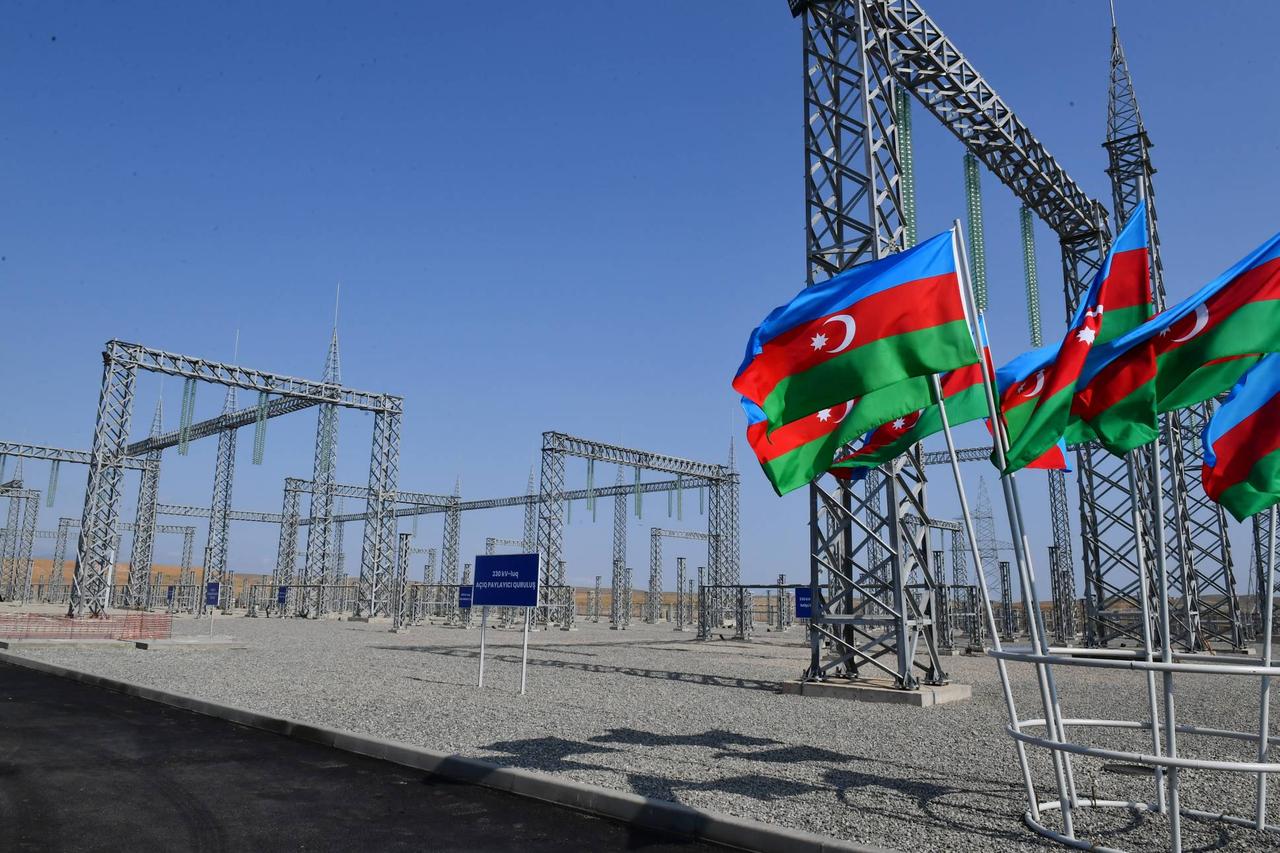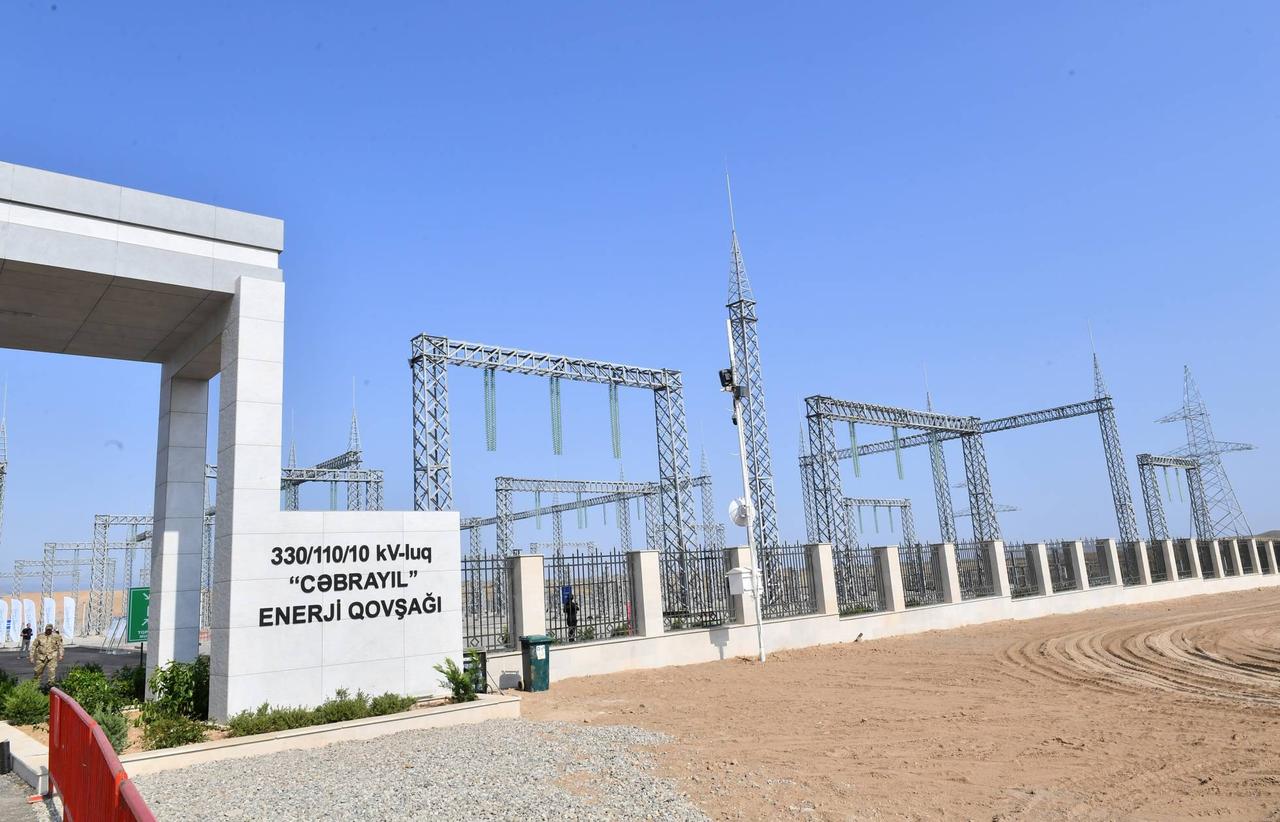
Azerbaijan announced plans to export renewable energy electricity to Türkiye through the Nakhchivan Autonomous Republic, with a potential capacity of 1 gigawatt, as part of the country's expanding green energy initiatives.
Azerbaijan Deputy Energy Minister Elnur Soltanov stated Nakhchivan has the best solar radiation in Azerbaijan and good wind potential.
"Nakhchivan is the region with the best solar radiation in Azerbaijan. Wind potential is also good. Nakhchivan's electricity potential from renewable energy is estimated at approximately 6 gigawatts. It may be possible to export 1 gigawatt of this to Türkiye," Soltanov said.
The deputy minister confirmed that Türkiye is currently the country Azerbaijan exports the most electricity.

Azerbaijan aims to reach 6.5 gigawatts of renewable energy production capacity by 2030, which is expected to constitute more than 35% of Azerbaijan's total energy production.
The country plans to expand electricity exports beyond meeting domestic demand, with electricity produced under projects essentially intended to reach Europe.
Türkiye will serve both as a recipient of electricity from Azerbaijan and as a transit country for access to European markets.

Soltanov highlighted the 330-kilovolt substation being constructed in Jabrayil, describing it as "the final link in connecting Nakhchivan with the mainland of the country."
"This line will be connected to Nakhchivan through the Zangezur Corridor or the Aras Corridor, or through both routes. Thus, both Nakhchivan's energy security will be ensured and the amount of energy we can transmit to Türkiye through Nakhchivan will increase," Soltanov explained.

Soltanov noted that Azerbaijan and Türkiye's electrical systems have different structures, requiring technical solutions.
"Türkiye's system is synchronized with the European Union, while Azerbaijan's system is synchronized with Russia. Therefore, converter stations need to be built. Feasibility studies are being conducted on this matter," he said.
Electricity transmission currently operates through Georgia, with small amounts of electricity exported to European countries through Türkiye in recent years.
The new plan involves transmitting electricity produced both in Nakhchivan and on Azerbaijan's mainland through Nakhchivan.
Plans also include strengthening energy transmission lines passing through Georgia alongside the Nakhchivan route.
The renewable energy investments aim to transform the region's energy map, building on Azerbaijan's successful oil and natural gas projects with Türkiye.
Azerbaijan is expanding renewable energy investments not only to meet domestic demand but also to broaden electricity exports, with projects designed to deliver electricity primarily to Europe.